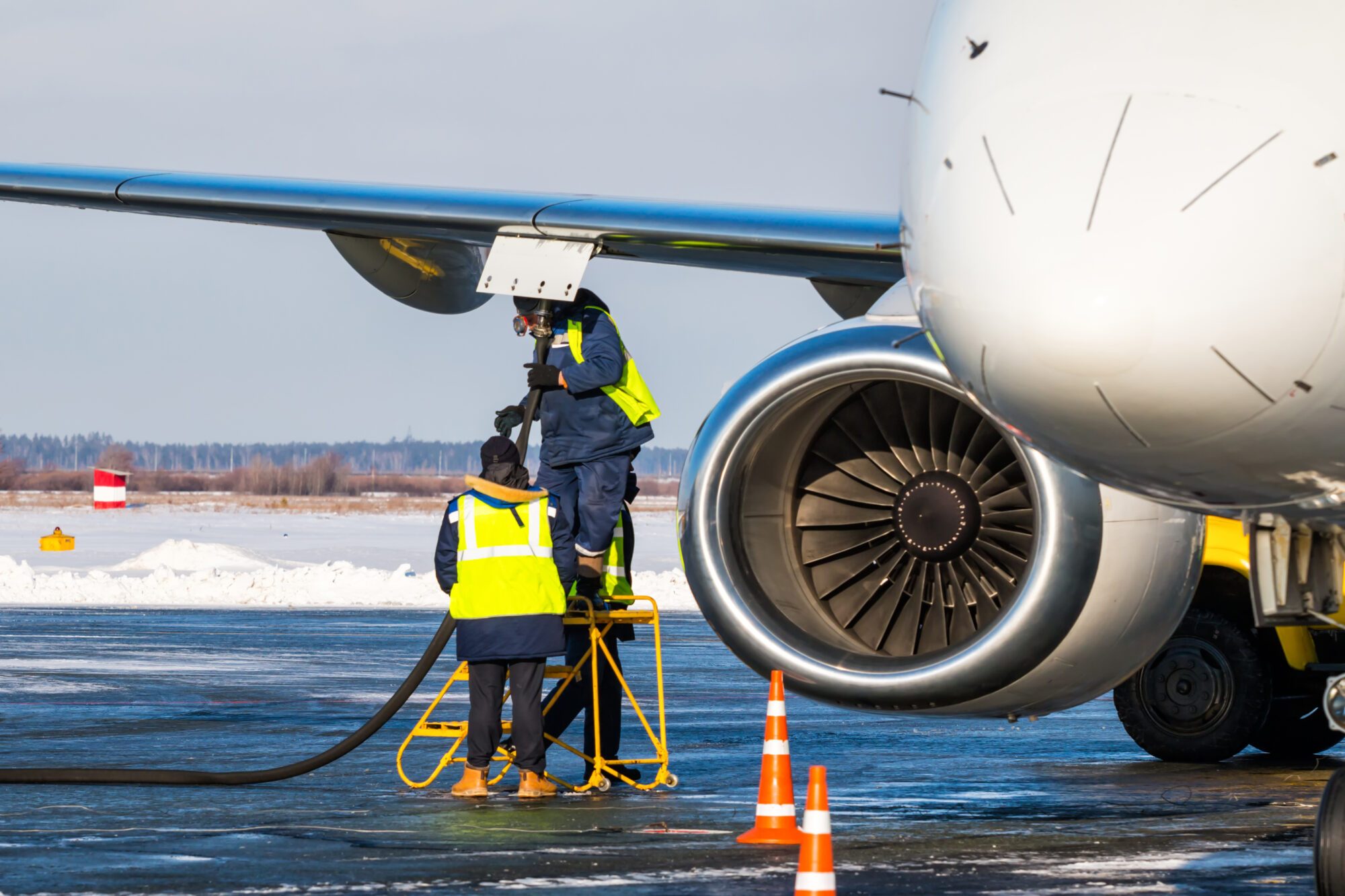Future Flight Challenge: an update from the Interim Challenge Director

An opportunity for UK-based business in all aspects of aviation to create cleaner, greener forms of transport
The Future Flight Challenge is building momentum, Gary Cutts, Interim Challenge Director, talks about the last couple of weeks’ activities ahead of the next networking event on 22 October in Glasgow.
The Future Flight programme was launched on 24 August by the prime minister and since then we have, via online and face to face events, connected with more than 400 individuals and this doesn’t count the one to one meetings and calls I and the challenge team are taking on a day-to-day basis.
We are meeting a broad range of companies and institutions seeking clarity and understanding of the challenge and testing out if their capabilities and ideas are relevant to addressing the Future Flight Challenge.
In terms of what does a consortium look like for Phase I – well, anything goes, providing you are UK based of course! Because Phase I is the discovery phase expressions of interest (bids) can be from a consortium or an individual organisation, which is a little different to normal expressions of interest submissions. In Phase I only, you can submit on your own if you are a company, an RTO or an academic.
In Phase II, only consortia can submit proposals (bids) for grant funding and at this stage the consortia must be led by an industrial company.
The focus of the programme is the development and demonstration of an integrated aviation system and we believe this is best delivered by elements of the system such as infrastructure, traffic management and vehicle technologies being developed together.
To bring the system to life, we do expect there to be some level of vehicle capability development in the challenge and we expect consortia to include such innovative or developing vehicles. However, the programme is not intending to fund consortia that are solely focussed on vehicles. The Aerospace Technology Institute may be a better route to support for such activities.
In order to frame the challenge, we have suggested three vehicle classes and provided six typical problem statements that we would like participants to consider. However, for the avoidance of doubt, if an organisation has a strong proposal for a different class of vehicle (but still within the spirit of electric/autonomous flight) or wishes to address another relevant but related problem are, we will consider these too.
I have had the broadest and widest range of questions online, in meetings and at networking events and it is giving us confidence that we are going to see some interesting, innovative and exciting approaches coming forwards over the next couple of weeks.
In parallel, we have established a communications plan with UK Research and Innovation and we are discussing some parallel studies of work to consider the socio-economic aspects of Future Flight.
I hope to see you in Glasgow but you can also reach me as follows:
Gary.cutts@innovateuk.ukri.org or another member of the Future Flight Team, john.morlidge@innovateuk.ukri.org or ruth.mallors-ray@innovateuk.ukri.org
Future Flight Challenge
The Challenge marks the start of a new wave of innovation for UK-based businesses working in all aspects of aviation – from drone developers to city planners, from large aircraft manufacturers to the airfields of the outer Hebrides – the challenge is not to be underestimated. Future Flight will bring stakeholders from the manufacturing, operations and regulatory fields of aviation to activate the third revolution in aviation.
More information can be found here.
Related Content
Related programme

Sustainable Aviation Fuel Innovation Programme
Accelerating the development of UK’s SAF industry and enabling UK Government to achieve 10% SAF in the UK jet fuel mix by 2030. By fostering innovation and collaboration across industry, the SAF IP is building the supply chain, enabling new fuel development and demystifying the SAF landscape.

